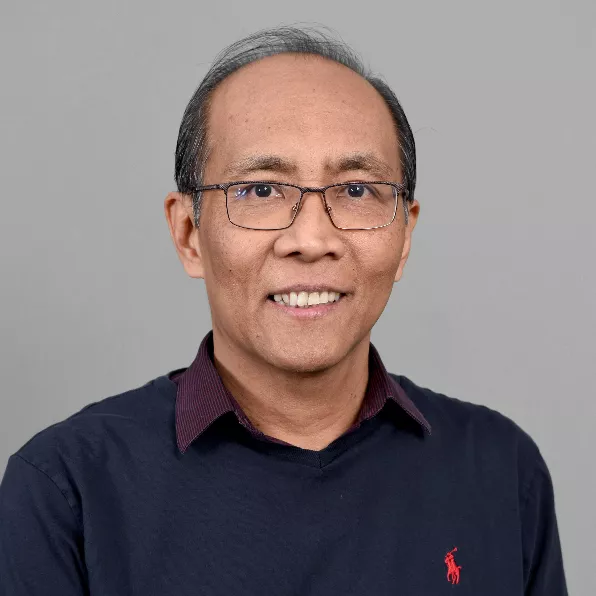Date: Nov. 20, 2019
Time: 12-1 p.m.
Place: DV2904C

Dr. Soe Myint
School of Geographical Sciences and Urban Planning
Arizona State University
Examining ground and surface water changes in response to environmental issue and land
Dr. Soe Myint
With regard to the connection between climate and agriculture, Canada has respectable agriculture and agri-food industry with long-lasting success in the global market and food security.
Canada keeps its systems and policies for agriculture to the highest possible level that ensures world-class production standards. The industry's best operations, well-recognized reputation for ground-breaking products, and first-class food have consistently positioned it as a foundation of the country's economy and a driving force in international trade. However, the industry has been affected by the recent drought conditions, climate change and variation, and floods.
The Fulbright Canada Research Chair in Water, Environment and Clean Energy was recently developed to assess ground and surface water changes in central and western Canada between 2002 and 2017 in an attempt to understand if and how biophysical and land use land cover dynamics influence these changes.
To achieve the above goal, the proposed plan is designed to answer the following research questions:
- How do we know if and how ground and surface water changes took place in Canada’s intensive agriculture regions with rich natural resources that are important for food security and economy (2002-2017)?
- How do we determine which areas are experiencing negative or positive changes (trends) of environmental issues, i.e., annual net primary productivity (ANPP), percent tree cover (PTC), evapotranspiration (ET), land surface temperature (LST), enhanced vegetation index (EVI), leaf area index (LAI) during the same timeframe (2002-2017)?
- What are the patterns and rates of change of land use and land cover (LULC), including deforestation, urbanization and agriculture expansion over time (2002-2017)?
- What are the patterns and rates of change of social (e.g., population count, population density) and economic (e.g., energy use, per capital income, housing values, median household income) parameters in those regions?
This research talk will cover preliminary results and findings from the proposed project as well as some policy relevant options with regard to sustainable water use in Canada
Speaker Bio
Soe Myint is a professor in the School of Geographical Sciences and Urban Planning at Arizona State University. He serves as a senior sustainability scientist at the Global Institute of Sustainability (GIOS) and as an affiliated scholar at the Center for Biodiversity Outcomes, the Global Drylands Center (GDC), Future H2O Council, Decision Center for a Desert City (DCDC), Central Arizona Phoenix – Long Term Ecological Research (CAP-LTER), and Spatial Analysis Research Center at ASU. He is currently serving as Fulbright Canada Research Chair in Water, Environment, and Clean Energy.
